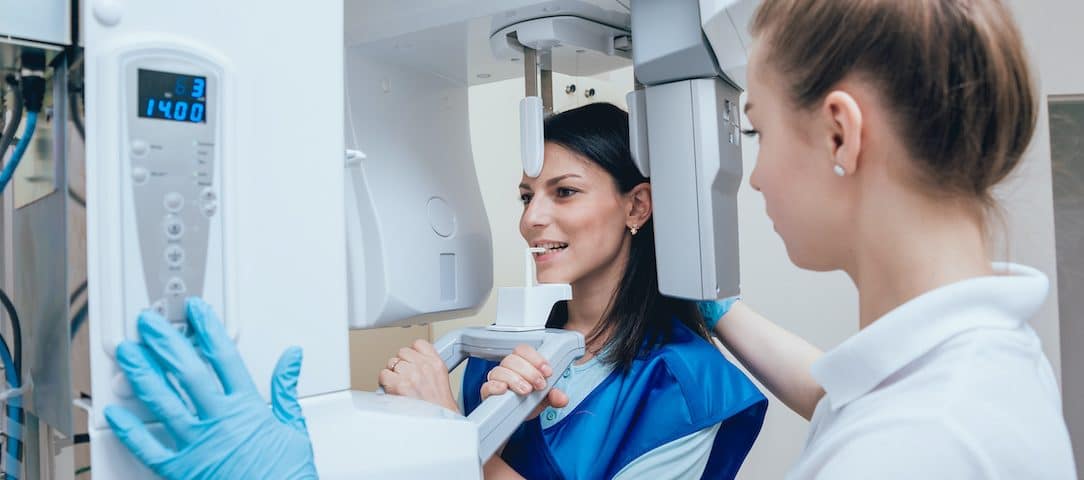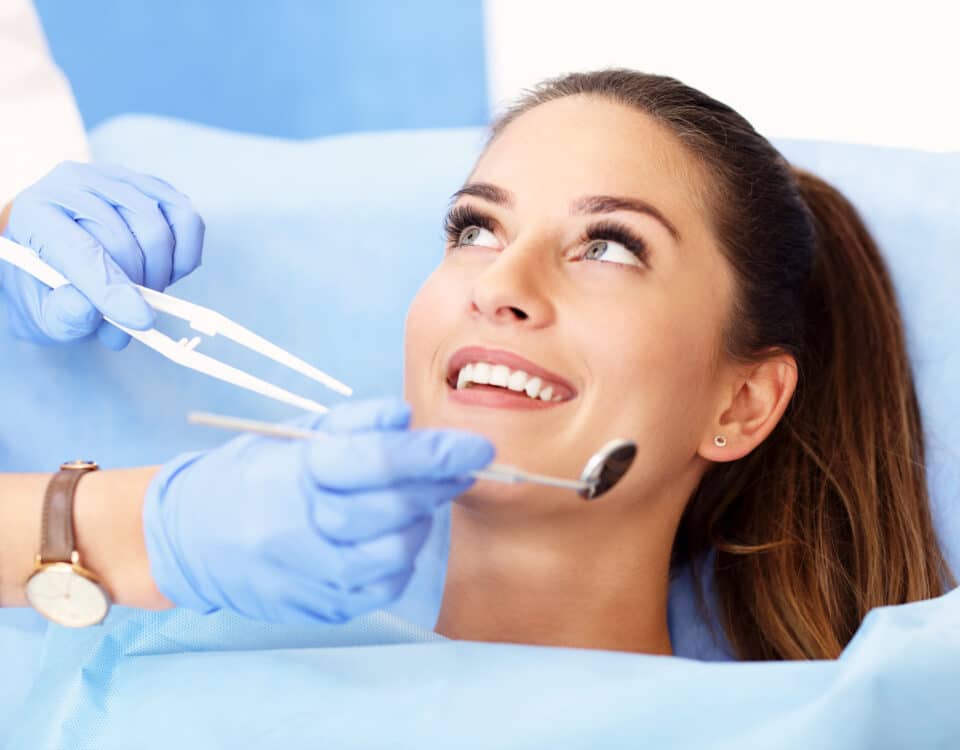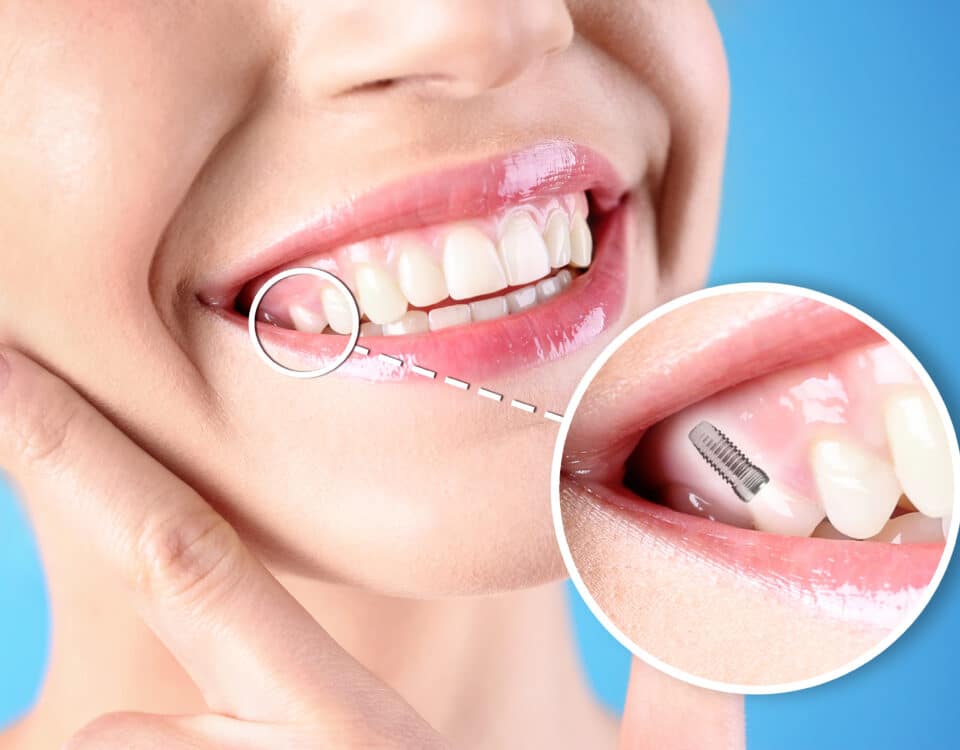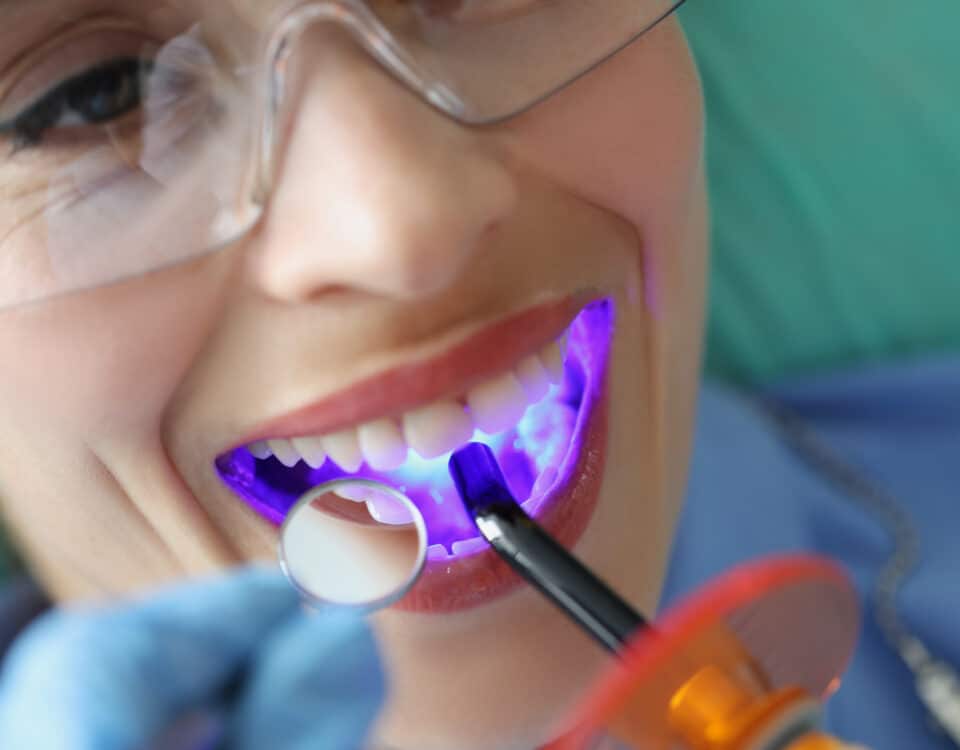Dental X-Rays: Who Are They Safe and Not Safe For?

Risks of Not Replacing Missing Teeth: The Dangers of Tooth Loss
March 16, 2022
How to Achieve a More Aesthetic Smile: Contouring and Reshaping Teeth
March 31, 2022Dental x-rays are an important part of dental care. They allow dentists to see inside your teeth and diagnose any problems that may be present. However, some people are concerned about the safety of dental x-rays. Are they safe for everyone? Who should avoid them? In this blog post, we will answer these questions and help you understand the safety of dental x-rays.
What are Dental X-Rays?
Dental x-rays are a type of imaging test that uses low levels of radiation to produce pictures of your teeth and bones. Dentists use x-rays to diagnose problems with your teeth, such as cavities, gum disease, and tooth infections.
What They Can Detect
Dental x-rays can detect problems that cannot be seen with the naked eye, such as:
- Cavities between your teeth
- Infections in your bones
- Tumors or cysts
- Impacted teeth
- Changes in your jawbone
Dental x-rays can also help to plan dental procedures, such as tooth extractions or root canals.
How Often Should I Get Dental X-Rays?
The American Dental Association (ADA) recommends that adults get a full set of x-rays every three to five years. However, your dentist may recommend more or fewer x-rays depending on your oral health. For example, if you have dental problems, such as cavities, you may need more frequent x-rays.
Are Dental X-Rays Safe?
Yes, dental x-rays are safe for most people. The amount of radiation you come in contact with during a dental x-ray is low. In fact, you receive more radiation from everyday activities, such as watching television or flying in an airplane.
However, there are some people who should avoid dental x-rays or limit their exposure, such as pregnant women.
Pregnant Women
The American Pregnancy Association explains that routine x-rays, typically taken during annual exams, can usually be postponed until after the birth. X-rays are necessary to perform many dental procedures, especially emergencies. According to the American College of Radiology, no single diagnostic x-ray has a radiation dose significant enough to cause adverse effects in a developing embryo or fetus.
Some women may elect to avoid dental work during the first trimester knowing this is the most vulnerable time of development. However, there is no evidence suggesting harm to the baby for those electing to visit the dentist during this time frame.
Also, if non-emergency dental work is needed during the third trimester, it is usually postponed until after the birth. This is to avoid the risk of premature labor and prolonged time lying on your back.
Children
Mouth Healthy by the American Dental Association explains that X-rays are a useful diagnostic tool when helping your dentist detect damage and disease not visible during a regular dental exam. How often you will need images taken depends on your present oral health, age, risk for disease, and any signs and symptoms of oral disease. For example, children may require X-rays more often than adults because their teeth and jaws are still developing and their teeth are more likely to be affected by tooth decay than those of adults. Your dentist will review your history, examine your mouth and then decide whether or not you need X-rays.
How Often Should I Get Dental X-Rays?
The frequency of dental x-rays depends on your age, oral health, and risk for cavities and other problems. For most people, dental x-rays are recommended every one to two years. However, your dentist may recommend more or less frequent x-rays based on your individual needs.
Are There Any Risks?
The risks associated with dental x-rays are low. However, there is a small risk of developing cancer from exposure to radiation. The National Cancer Institute estimates that the lifetime risk of developing cancer from a full mouth series of dental x-rays is about 0.4%.
Are There Any Alternatives?
To minimize your exposure to radiation, your dentist may use digital x-rays, which use less radiation than traditional x-rays. Your dentist may also use a lead apron to protect your body from exposure to radiation.
Digital x-rays use an electronic sensor to capture images of your teeth. The sensor is connected to a computer, which displays the images on a screen.
Benefits of Going Digital
Digital x-rays have a number of advantages over traditional film x-rays, including:
- Lower radiation exposure – Digital scans emit up to 90% less radiation than traditional film.
- Images can be enhanced – Digital x-ray images can be lightened or darkened to help your dentist see small details more clearly.
- They can be stored electronically – Digital x-rays can be stored on a computer, which makes them easy to access and share with other dental professionals.
Make an Appointment with Stonebrook Family Dental Today
If you’re due for dental x-rays or you have any concerns about radiation exposure, call Stonebrook Family Dental today to schedule an appointment. We offer a full range of dental services, including preventative, restorative, and cosmetic dentistry.



